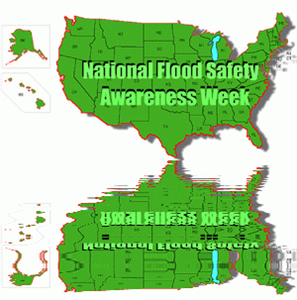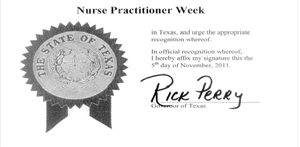National Sleep Awareness Week on March, 2025: Is there daylight saving time lag when it starts in March?
National Sleep Awareness Week 2025. National Sleep Awareness Week: Do You Know the Facts? : Sleep Well ... National Sleep Foundation
As an Amazon Associate I earn from qualifying purchases.
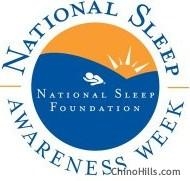
Sunday's start of daylight saving time will throw off the clock only by an hour, but that's enough to leave people feeling groggy for a day or two, sleep experts say.
By setting clocks ahead an hour, daylight saving time allows us more light through the spring, summer and fall. But when the time changes at 2 a.m. Sunday (except in Arizona and Hawaii), it will cost one hour of sleep. We'll regain that when the clocks fall back on Nov. 4.
"Losing an hour is harder than gaining an hour," says Steven Feinsilver, director of the Center for Sleep Medicine at Mount Sinai Medical Center in New York. "It's sort of like a mini jet lag."
It takes no more than 48 hours to adjust to a one-hour loss, says New York pulmonologist and sleep specialist Nicholas Rummo of Northern Westchester Hospital's Center for Sleep Medicine. "The day or two after people aren't quite alert," he says. "Most people might feel it Monday into Tuesday."
Some people will be more sluggish than others Monday morning — particularly those without regular sleep habits, such as waking up at a consistent time or snoozing seven to eight hours each night.
"Millions of Americans can ill afford to lose one more hour of sleep given that so many of them are so sleep-deprived," says Russell Rosenberg, board chairman for the National Sleep Foundation.
Sleep directly affects health and safety, Rosenberg says, and the sleep loss associated with daylight saving time has been linked to increases in traffic and on-the-job accidents the Monday following the time change.
Specialists encourage people to use this, the National Sleep Foundation's National Sleep Awareness week, to adopt good habits so that next year, it won't be quite so tiring to make the leap forward. Sleep doctors offer a few tips for making up for lost z's:
— Start early. Move your schedule up a few minutes each day — eat dinner and go to bed 10 to 15 minutes earlier every night.
— Take a nap Sunday to "build up a little sleep in your sleep bank," says Russell Rosenberg, board chairman for the National Sleep Foundation, noting that siestas should be less than an hour.
— Every minute counts, so set the alarm clock for the last possible minute Monday morning.
— Soak up the sun. Sunlight jump-starts our bodies and sets our internal clocks forward, so sip your coffee in front of a window for an extra jolt. "Light in the morning makes us want to go to bed earlier," says New York pulmonologist and sleep specialist Nicholas Rummo.
— Avoid alcohol and caffeine, which interfere with the hormones and chemistry that regulate our bodies and make it more difficult to fall asleep and wake up, Rummo says.
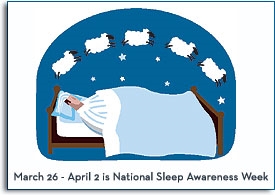
sleeping 4 hours a day can lead to what problems?
WE need approximately 8-10 hrs of quality sleep. Otherwise, inadequate hrs of sleep will lead to sleep deprivation or sleep debt.
Poll results show that while many Americans enjoy the benefits of sufficient sleep, as many as 47 million adults may be putting themselves at risk for injury, health and behavior problems because they aren't meeting their minimum sleep need in order to be fully alert the next day."
These statistics frighten me. The 2002 National Sleep Awareness Week this year emphasizes dangers such as drowsy driving, stress, anger and road rage. But the dangers of sleep deprivation go far beyond these visible risks. Sleep deprivation can, in fact, undermine all areas of your physical and mental health.
Sleep deprivation weakens the immune system leaving us more susceptible to other diseases and disorders like diabetes, cancer and even the common cold. It is not uncommon for people who suffer from sleep deprivation due to sleep disorders - sleep apnea, narcolepsy, insomnia, etc. - to also suffer from other problems including diabetes, asthma or a second sleep disorder.
Sleep deprivation also causes much stress and, again, stress weakens our immune system - a double whammy. And both of these things, sleep deprivation and stress, can upset your mental processes. You may suffer from confusion, memory loss, irritability or emotional highs and lows. If you already have a mental disorder, sleep deprivation only adds to the problem.
Many elderly people suffer from insomnia and other sleep disorders. For the elderly, sleep deprivation can be even more dangerous. Sleepy people are less focused on what they are doing or where they are going, and this could lead to falls or even to becoming lost on an unfamiliar street. Of course, added to other problems of the elderly, Alzheimer's, dementia, or even memory losses, and you have a real problem.
So, if you want to stay healthy, be sure you get the sleep you need. If it means a change in lifestyle like cutting out some of your activities or altering sleep habits, remember, if you don't have your health, you probably won't be participating in these activities anyway. If your lack of sleep comes from a sleep disorder, or even if you suspect you may have a sleep disorder, talk to your doctor and ask if he thinks you should have a sleep study done.
Sleep - it's one of life's essentials
It can cause daytime fatigue. It has been known to shorten one's life span. While you sleep, it gives the body a chance to recharge. it also cut down (catabolism) and build up new cells ( anabolism)
Practicing good bedtime habits is a necessity for good health. Some of these habits include:
· sleep in a cool room,
· sleep in a dark room,
· do not use the bedroom for work activities, for watching television.
· avoid heavy foods late at night.
· regular exercise during the daytime will promote sleep.
· sleep at regular times
· allowing yourself adequate time for sleep should be a priority
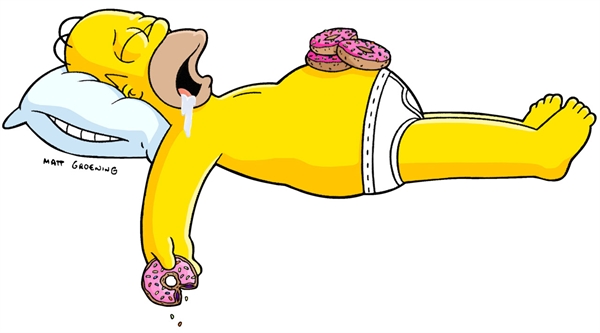
Anyone ever have Sleep Apnea??
dr_murukuti is completely wrong in ever way. Not only do heavy people have this disease, but infants to the elderly alike. THIS DISEASE DOESN'T DISCRIMINATE!!
My source quotes "Despite the difference in the root cause of each type, in all three, people with untreated sleep apnea stop breathing repeatedly during their sleep, sometimes hundreds of times during the night and often for a minute or longer.
Obstructive sleep apnea (OSA) is caused by a blockage of the airway, usually when the soft tissue in the rear of the throat collapses and closes during sleep. In central sleep apnea, the airway is not blocked but the brain fails to signal the muscles to breathe. Mixed apnea, as the name implies, is a combination of the two. With each apnea event, the brain briefly arouses people with sleep apnea in order for them to resume breathing, but consequently sleep is extremely fragmented and of poor quality.
Sleep apnea is very common, as common as adult diabetes, and affects more than twelve million Americans, according to the National Institutes of Health. Risk factors include being male, overweight, and over the age of forty, but sleep apnea can strike anyone at any age, even children. Yet still because of the lack of awareness by the public and healthcare professionals, the vast majority remain undiagnosed and therefore untreated, despite the fact that this serious disorder can have significant consequences.
Untreated, sleep apnea can cause high blood pressure and other cardiovascular disease, memory problems, weight gain, impotency, and headaches. Moreover, untreated sleep apnea may be responsible for job impairment and motor vehicle crashes. Fortunately, sleep apnea can be diagnosed and treated. Several treatment options exist, and research into additional options continues. "
My parents and I all have sleep apnea, and I have seen infants who have this disease as well. The device we use to control it is called a CPAP, or 'continuous positive airway pressure'.
This website will give you a picture of the CPAP as well as give you some basic information on it. Truly, sleep apnea isn't a big deal, although it takes a week or two to get used to sleeping with a CPAP.









